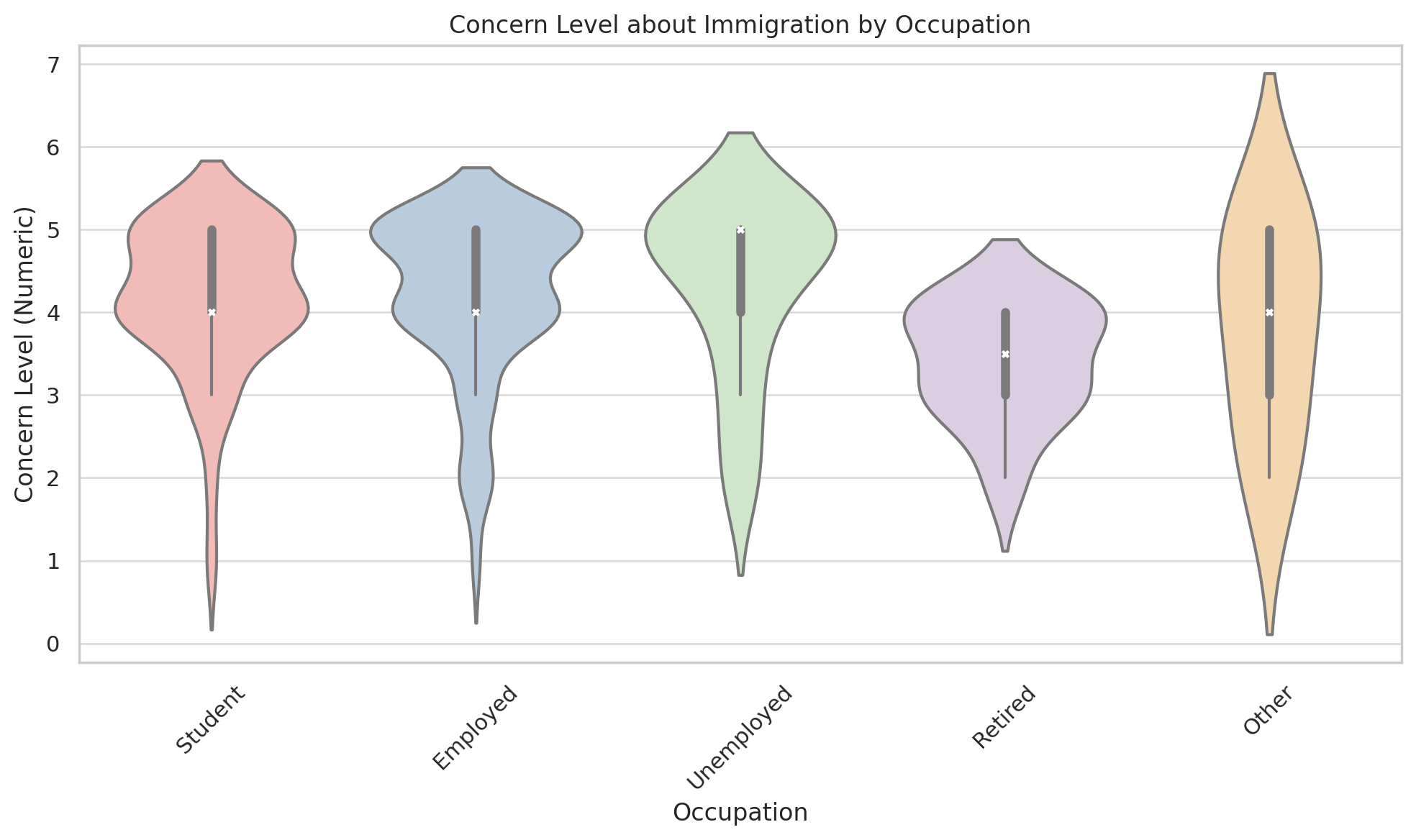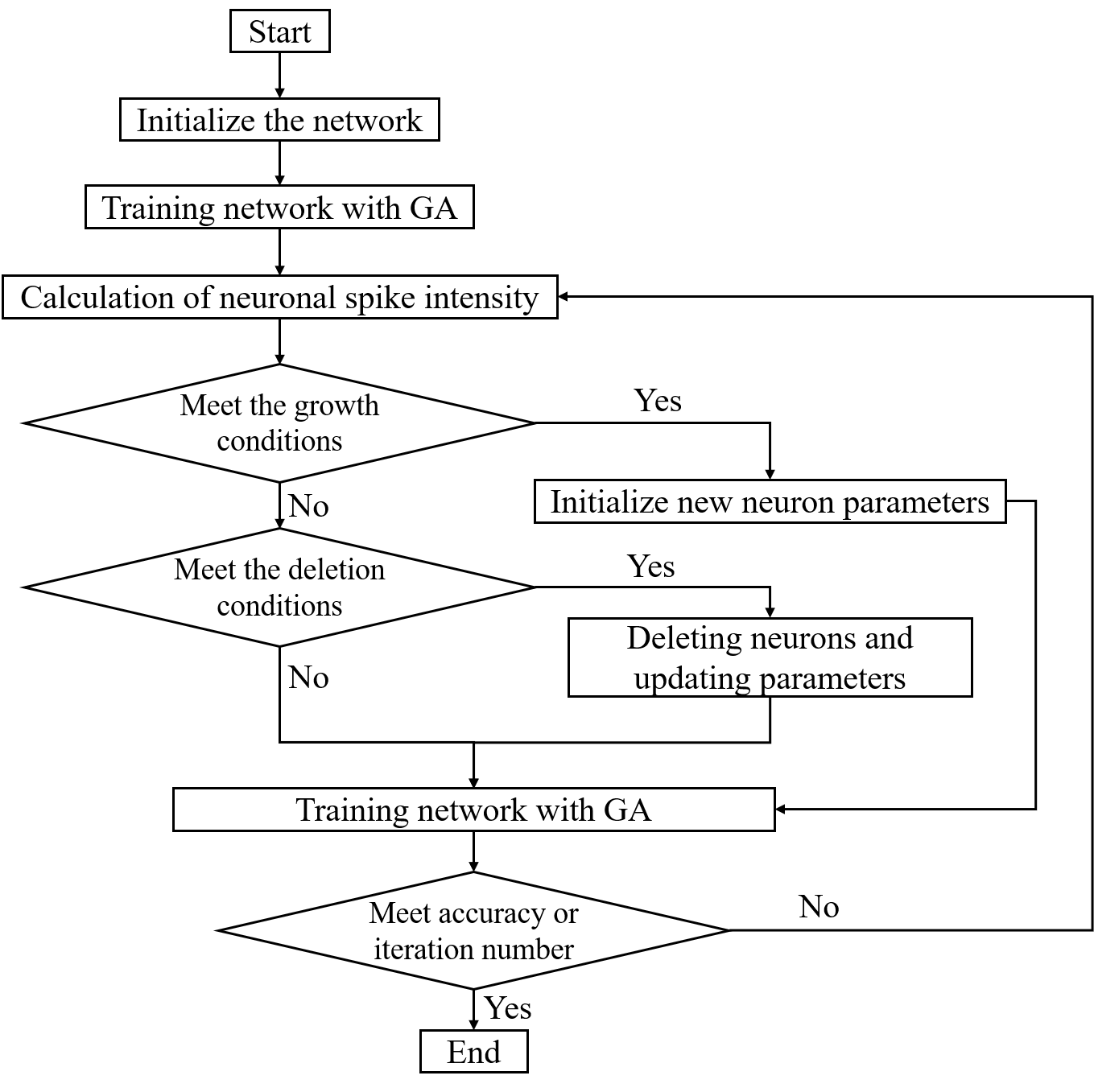 An open access journal
An open access journal
Space Exploration and Colonization: Challenges and Future Prospects
Abstract
Space exploration has captivated human imagination for decades, and the prospect of space colonization is becoming increasingly feasible. This paper explores the significance of space exploration and colonization, emphasizing their role in scientific discovery, resource utilization, and the expansion of human presence beyond Earth. It delves into various aspects, including space agencies, interplanetary missions, and habitat technologies. The discussion includes the benefits of space exploration and colonization, such as advancing scientific knowledge, ensuring survival of humanity, and economic opportunities in space. Moreover, the paper addresses the challenges and considerations in these endeavors, including space travel logistics and sustainability. Through a review of space exploration projects and research, the study highlights the promising future prospects associated with humanity's ventures into the cosmos.
Share and Cite
Article Metrics
References
- Beegle, L. W., Bhattacharya, S., Brady, A. L., Dohm, J. M., Gentry, D. M., Glines, N. H., ... & Tovar, D. A. (2016). The search for life on Mars and the future of human exploration. Astrobiology, 16(2), 79-89.
- Gentry, D. M., Kirk, R. L., Roberts, T. J., Mayer, D. P., & Amundsen, R. N. (2017). Design and engineering of a habitat for Mars: The KRUSTY experiment. Life Sciences in Space Research, 15, 81-92.
- Zubrin, R. (2013). The case for Mars: The plan to settle the red planet and why we must. Simon and Schuster.
- Zubrin, R. (2018). The economic viability of Mars colonization. New Space, 6(4), 243-249.






